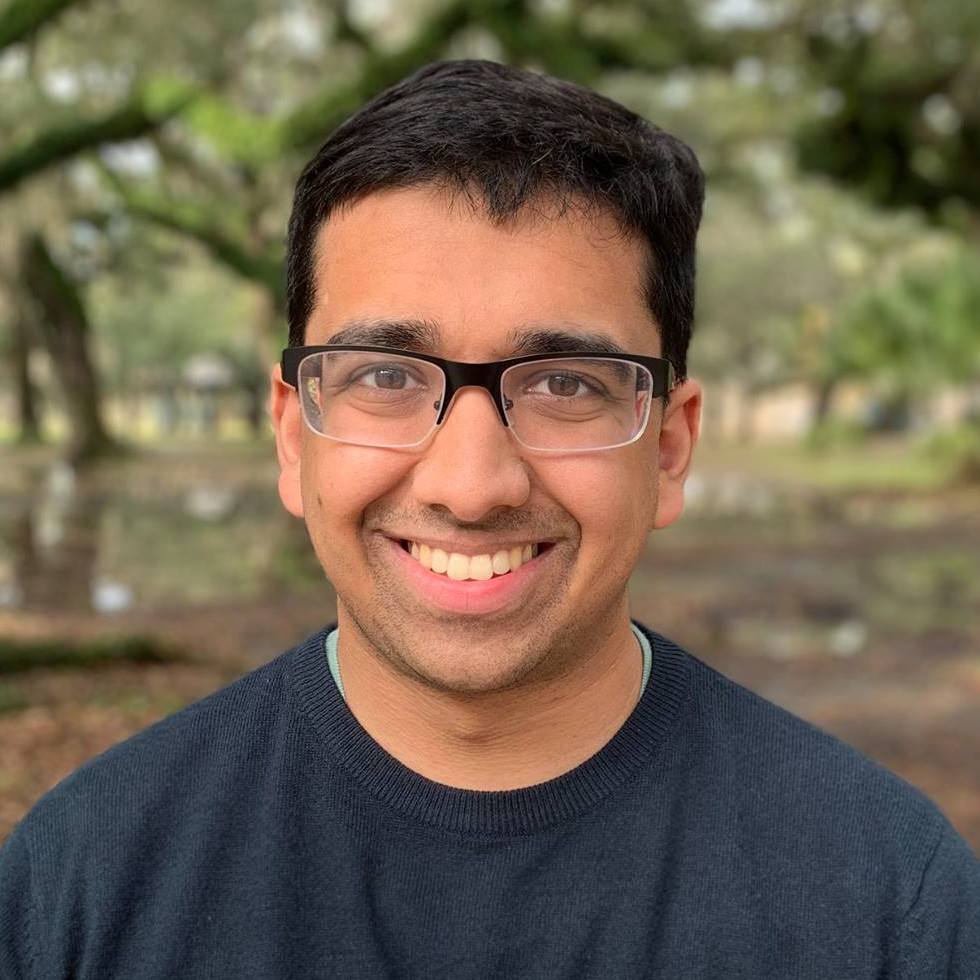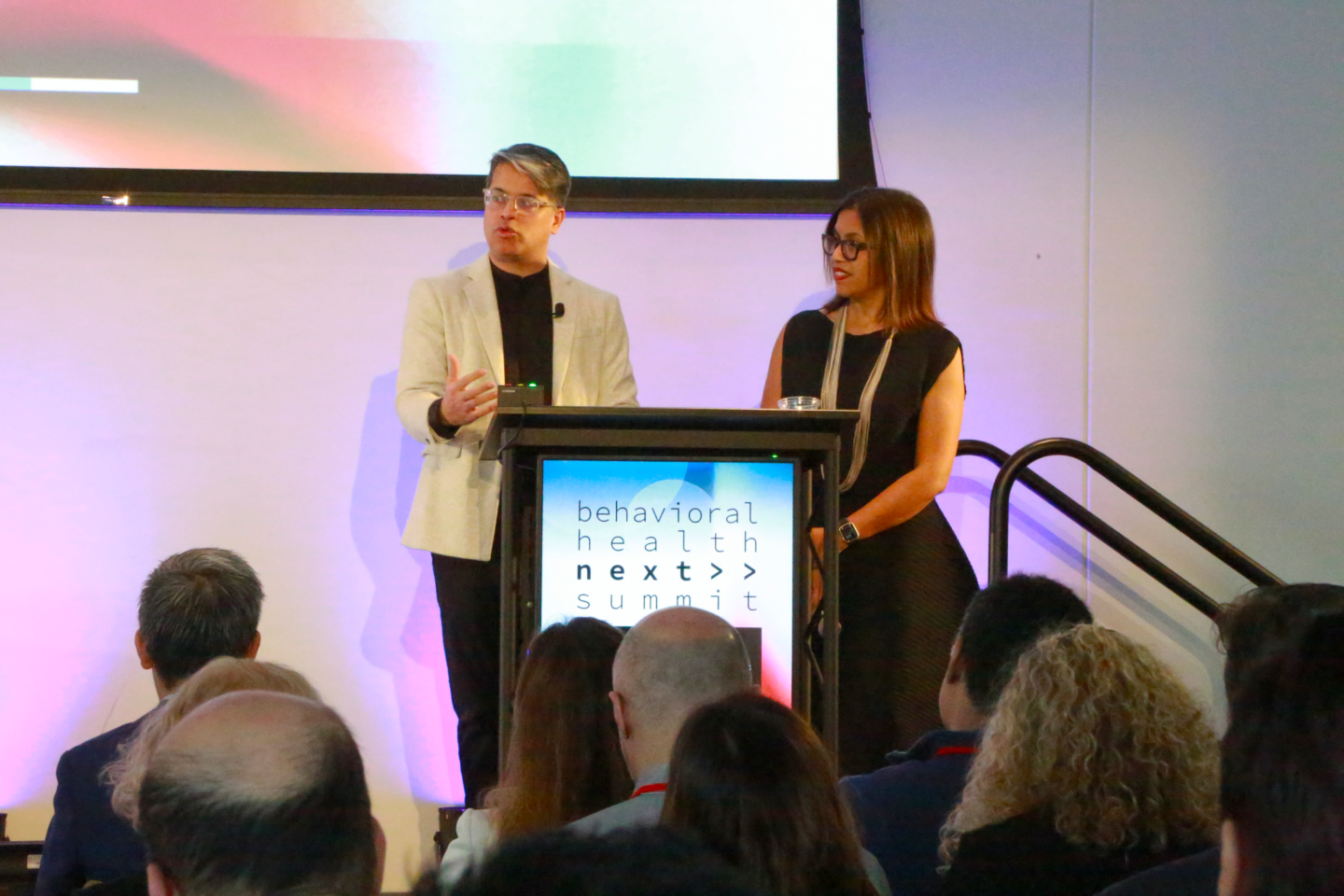Jacobs Technion-Cornell Institute at Cornell Tech Launches the Urban Tech Hub
Categories

New interdisciplinary hub launches, looking for innovators and entrepreneurs committed to making cities more livable and adaptable through technology
The Jacobs Technion-Cornell Institute at Cornell Tech has launched Urban Tech, a new hub including applied research, startups, and a first-of-its-kind dual master’s degree focused on making cities more livable, adaptable, and connected. The new degree concentration provides students the opportunity to pursue emerging sectors in urban innovation including mobility and transportation, real estate/property tech and construction, logistics and delivery, energy and other utilities, intelligent buildings and infrastructure, civic and urban community technology, and other areas of technology transformation in urban settings. Applications for the two-year master’s program are now open for the inaugural class entering in Fall 2020.
“Urban Tech exemplifies the core mission of our campus, equipping students to create solutions to complex, pressing, and real-world challenges through interdisciplinary research and experimentation,” said Greg Morrisett, the Jack and Rilla Neafsey Dean and Vice Provost of Cornell Tech. “As our students and faculty experience every day in the heart of New York City, urban life is a melting pot of crucial 21st century issues such as adaptability, transportation, and safety. With access to a world-class faculty and expert industry insight, I’m confident that our Urban Tech program will develop leaders, technologies, and products that will have a positive impact on urban life.”
“The Urban Tech hub is a tremendous addition to the Jacobs Technion-Cornell Institute, joining our other hubs with immersive degree concentrations in media and health,” said Ron Brachman, Director of the Jacobs Technion-Cornell Institute. “With complex systems operating within larger systems, cities naturally demand interdisciplinary study—this perfectly aligns with Jacobs’ strength of gathering the brightest minds in a diverse array of disciplines and industries. Jacobs students and postdocs have already created many successful products and companies, and I know Urban Tech will yield similar results. And we’re particularly excited to have an emerging hub that will expand our scope to new fields through key academic units at Cornell and the Technion.”
The new concentration will allow students to use machine learning, data science, human-computer interaction, and product design to address the multifaceted challenges of a city while gaining real-time insight from leaders, planners, and entrepreneurs from New York City and around the world. The Urban Tech hub was established in part thanks to the Julis Rabinowitz Family, who provided support for the necessary research and scoping to ensure the hub was meeting industry needs.
Work in the Urban Tech realm is already underway at Cornell Tech. This Fall, 17 teams of graduate students are working on Urban Tech projects in the Product Studio course, where students across Cornell Tech’s seven masters programs tackle real-life challenges posed by businesses and organizations. In partnership with ARUP, the MTA, the New York City Mayor’s Office, the City of Holyoke, and many more, students are developing new technologies in response to questions such as these: “how might cities reduce gas consumption and greenhouse gas emissions as we move towards a renewable future?”; “how might we improve access to transportation for people with special needs?”; and “how might we enhance safety for domestic violence survivors in their homes and communities?”
The Jacobs Institute’s Runway Startup Postdoc program, which works with recent PhD graduates to turn deep research into startups, has already spun out four urban tech companies, including Maalka, a data management platform to ensure buildings are meeting their ambitious adaptability goals, and OnSiteIQ, which provides 360-degree visual monitoring of construction sites developed by experts in machine learning and computer vision.
For more information about Urban Tech, visit: https://urban.tech.cornell.edu/
About Cornell Tech
Cornell Tech is a campus that brings together faculty, practitioners, and students to research and build solutions for the opportunities and challenges we face in a digital society. The campus’ degree programs and research initiatives provide responsive approaches to the rapid emergence of technologies and their societal impact. Cornell Tech offers seven doctoral programs and seven master’s programs, including three dual-degree programs with the Technion-Israel Institute of Technology through the Jacobs Cornell-Technion Institute. Cornell Tech’s world-class faculty, graduate students, researchers, and postdoctoral entrepreneurs are focused on building better tuned, highly valuable and more accessible technology for commercial and community use. Key to Cornell Tech is its commitment to growing the tech sector within New York City. Cornell Tech students and postdocs have founded more than 70+ startups in New York City, creating more than 370 new jobs and attracting more than $75 million in investments. The campus also has a dedicated K-12 initiative to bring tech education into local schools, and the WiTNY program, a partnership with City University of New York that is increasing the number of young New York City women who pursue degrees and careers in tech.
Jacobs Technion-Cornell Institute
The Jacobs Institute is the academic partnership between Cornell University and the Technion-Israel Institute of Technology on the Cornell Tech campus. The Jacobs Institute fosters radical experimentation at the intersection of research, education, and entrepreneurship. Its mission is to transform key industries through technological innovation, deep-tech startups, and uniquely skilled talent.
The Jacobs Institute offers three master’s programs in Connective Media, Health Tech, and Urban Tech. The programs equip students to take on complex, real-world challenges through interdisciplinary, domain-focused work, and students receive dual degrees from the Technion and Cornell. Recent PhD graduates work through the Jacobs Runway Startup Postdoctoral Program to apply their knowledge as they lead teams and build companies in industries critical to the 21st century.





